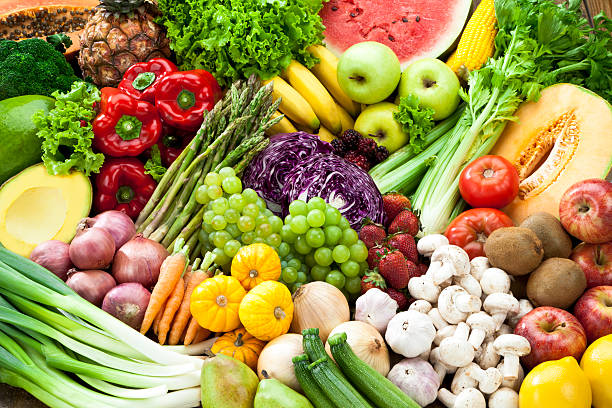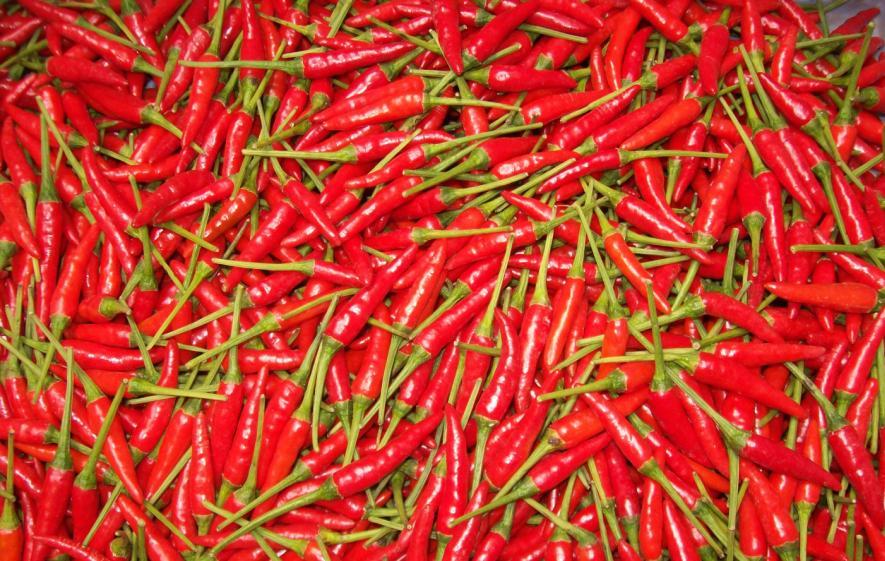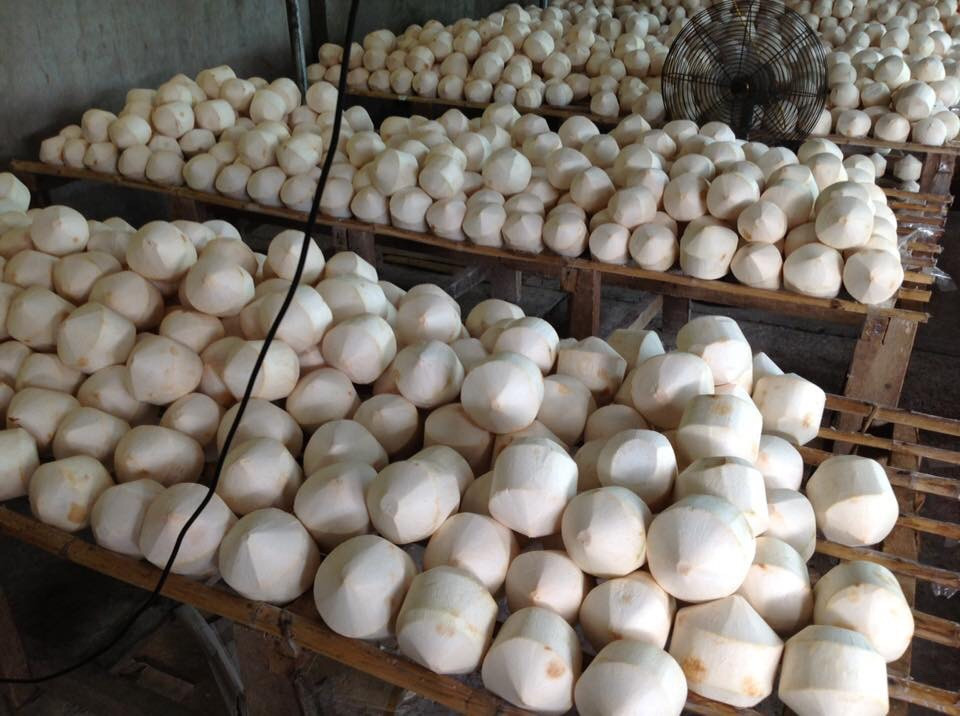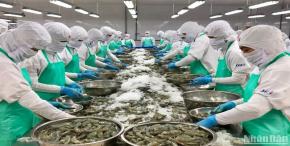News
Inclusive Business Case - Cassava in Vietnam
Update: 8/4/2015
The Issue
Cassava is a cash crop that grows predominantly in the upland areas of Viet Nam, where high poverty rates and low soil fertility are common. Total land used for cassava cultivation in the three provinces of Thua Thien- Hue, Quang Binh and Quang Tri in the North Central region of Vietnam amounted to approximately 23,500 ha; with nearly 60,000 rural households cultivating cassava. Nearly 80% of cassava produced in the NC region is sold to retailers or local cassava tapioca starch processing factories, with the remaining volume used as animal feed and for ethanol production.
Although demand is increasing, a sustainable vision in the whole sector is lacking. Only now that the environmental aspects of production and processing as well as links between the key actors are becoming an issue in Vietnam has the sector begun to consider sustainable development.
SNV Solutions
In early 2008, SNV initiated the development of pro-poor economic opportunities in the agricultural and forestry sectors in North Central Viet Nam, focusing on local people living below the poverty line. Cassava was selected as a value chain with high potential, and a project was launched with the objective of improving the livelihoods of smallholders by building partnerships with private enterprises and technical service links in the cassava market.
In 2009, the Ford Foundation funded a three-year project (2009–2011) to increase the income of poor rural households within the cassava and acacia value chains in the three provinces of Thua Thien-Hue, Quang Tri and Quang Binh. With technical assistance from SNV, the inclusive business approach is introduced and medium and large enterprises are used as the entry point for engaging the poor through sustainable investment and commitment to good governance. Huong Hoa, Song Dinh and Thua Thien- Hue cassava starch processing factories are the anchors of this project’s inclusive business model, taking the lead in forming farmers’ groups and entering into long-term, profitable supply agreements with cassava growers. In the North Central region, some 10,000 farmers in two particular cassava growing areas in Quang Tri and Quang Binh have already become successful business partners to the starch factories.
The spread of more sustainable production methods, such as intensive cultivation, prevention of soil erosion and staggered cropping, is based on the development of expertise within anchor companies as well as local service providers. SNV leads that process, ensuring the replicability of sustainable services to benefit farmers within and beyond the scope of the project.
Impact
SNV aims to increase the sustainable income of approximately 10,000 cassava smallholders (mainly ethnic minority groups) by 20% in the targeted region by the end of 2012. To date, roughly 8,000 households have already benefited from the project’s sustainable production training, and over 150 farmers groups have created business contracts with local cassava processing factories.
|
















